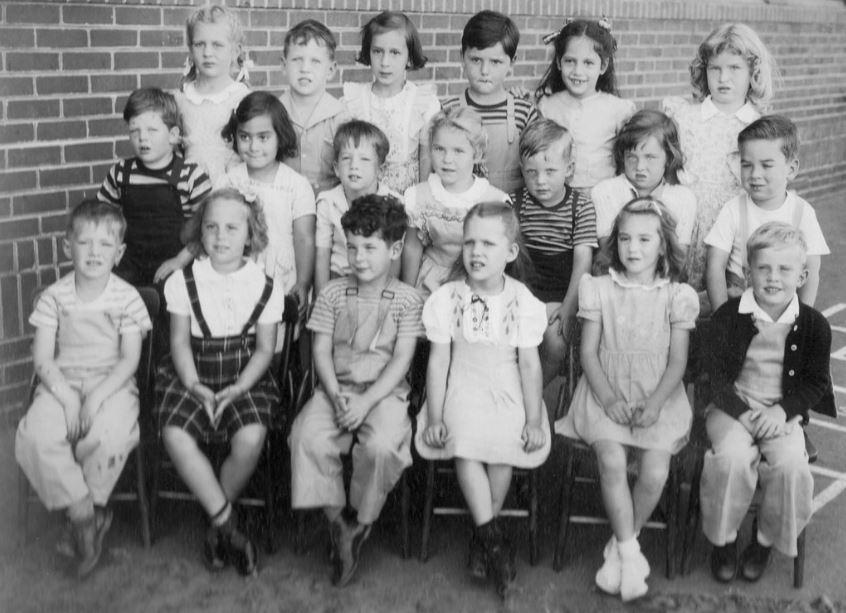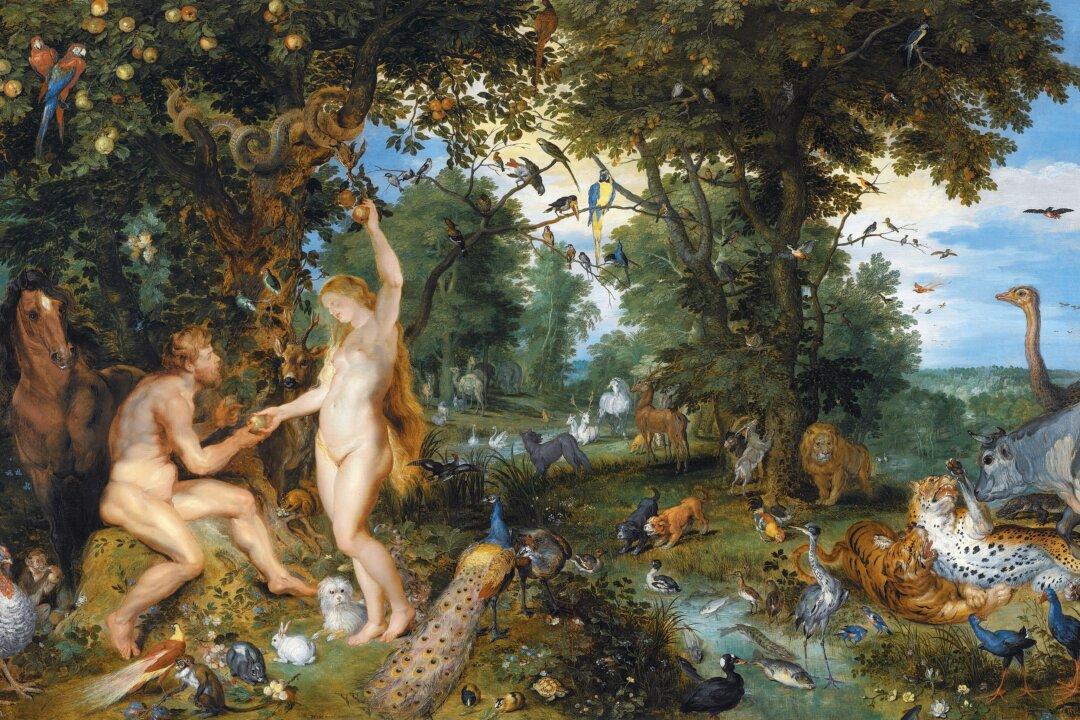I recently re-read George Orwell’s anti-Soviet fable “Animal Farm” for the first time since high school, and I found myself at a loss to explain one of the book’s darkest scenes to the student I was tutoring.
In this scene, Napoleon (Orwell’s stand-in for Stalin) consolidates his power over Animal Farm (i.e., the Soviet Union) by accusing a group of pigs of conspiring with the exiled Snowball (i.e., Trotsky) to undermine the revolution. The pigs, having been coerced by Napoleon’s dogs (i.e., the secret police), confess to being agents of Snowball.
When they had finished their confession, the dogs promptly tore their throats out, and in a terrible voice Napoleon demanded whether any other animal had anything to confess. The three hens who had been the ringleaders in the attempted rebellion over the eggs now came forward and stated that Snowball had appeared to them in a dream and incited them to disobey Napoleon’s orders. They, too, were slaughtered. Then a goose came forward and confessed to having secreted six ears of corn during the last year’s harvest and eaten them in the night. Then a sheep confessed to having urinated in the drinking pool−urged to do this, so she said, by Snowball−and two other sheep confessed to having murdered an old ram, an especially devoted follower of Napoleon, by chasing him round and round a bonfire when he was suffering from a cough. They were all slain on the spot. And so the tale of confessions and executions went on, until there was a pile of corpses lying before Napoleon’s feet and the air was heavy with the smell of blood.
Why, my student wanted to know, would these animals confess if they knew they were going to be executed?
His next question was even more insightful: Did the animals even commit the crimes to which they confessed? Some crimes, such as the goose stealing corn, seem plausible, and the hens really did rebel, but the murder of the old ram sounds completely absurd. The tendency to echo Napoleon’s propaganda by blaming the phantom scapegoat Snowball further suggests that many of these confessions are fiction.





